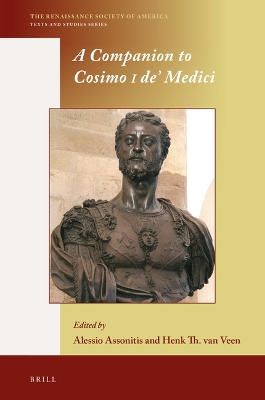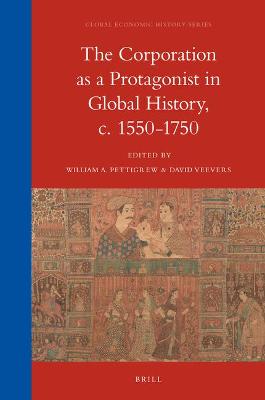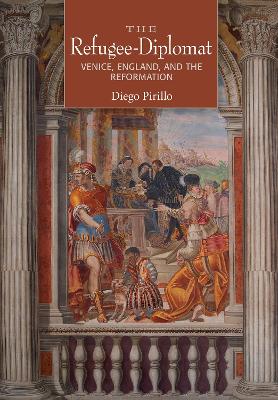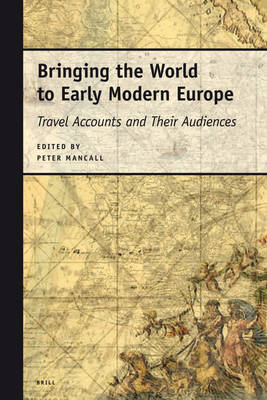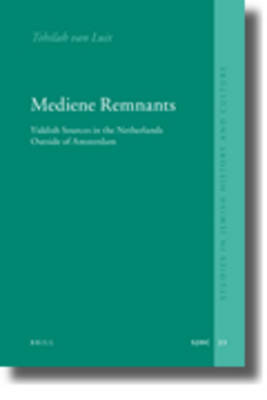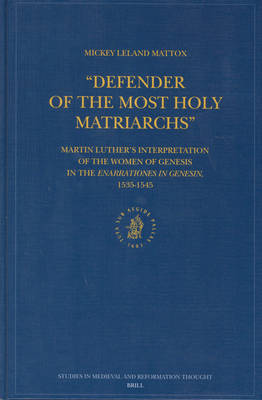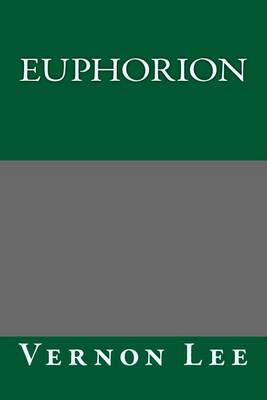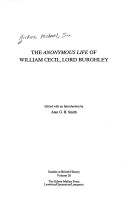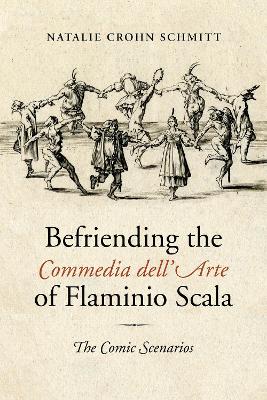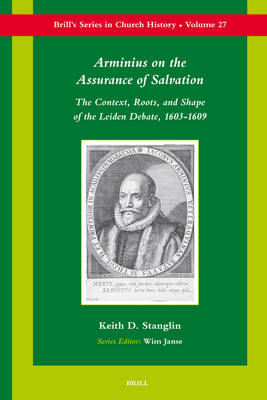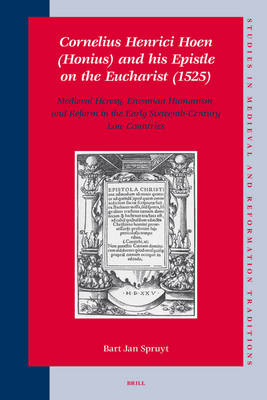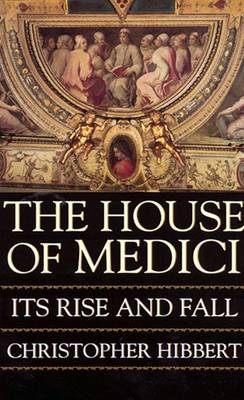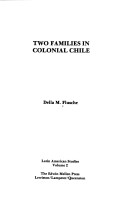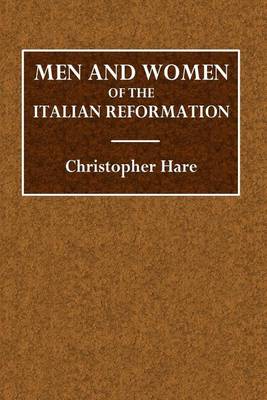Les Instruments de Travail a la Renaissance (Nugae Humanisticae Sub Signo Erasmi, #10)
A Companion to Cosimo I de’ Medici (The Renaissance Society of America, #17)
Mining the rich documentary sources housed in Tuscan archives and taking advantage of the breadth and depth of scholarship produced in recent years, the seventeen essays in this Companion to Cosimo I de' Medici provide a fresh and systematic overview of the life and career of the first Grand Duke of Tuscany, with special emphasis on Cosimo I's education and intellectual interests, cultural policies, political vision, institutional reforms, diplomatic relations, religious beliefs, military entrep...
The Remaking of Wales in the Eighteenth Century
Les Entrees Royales Et Solennelles Du Regne d'Henri IV Dans Les Villes Francaises (Textes de La Renaissance, #164)
The Corporation as a Protagonist in Global History, c. 1550-1750 (Global Economic History, #16)
William A. Pettigrew and David Veevers put forward a new interpretation of the role Europe's overseas corporations played in early modern global history, recasting them from vehicles of national expansion to significant forces of global integration. Across the Mediterranean, Atlantic, Indian Ocean and Pacific, corporations provided a truly global framework for facilitating the circulation, movement and exchange between and amongst European and non-European communities, bringing them directly int...
The establishment of permanent embassies in fifteenth-century Italy has traditionally been regarded as the moment of transition between medieval and modern diplomacy. In The Refugee-Diplomat, Diego Pirillo offers an alternative history of early modern diplomacy, centered not on states and their official representatives but around the figure of "the refugee-diplomat" and, more specifically, Italian religious dissidents who forged ties with English and northern European Protestants in the hope of...
Bringing the World to Early Modern Europe
This volume contains five essays and a critical introduction presenting the most recent interpretations of travelers and their narratives in the early modern world, with particular attention to the relationship between the act of travel and descriptions of it. The articles here focus on England, France, Africa, and the early United States, as well as on the nature of how travel narratives contributed to the formation of humanistic culture. Contributors include well-known authorities on travel na...
Mediene Remnants (Studies in Jewish History and Culture, #23)
by Tehilah van Luit
This inventory provides a survey of the extant Yiddish sources in Dutch archives and collections outside of Amsterdam. Until now, an overview and quantitative summary of the available Yiddish sources in The Netherlands was lacking. The compilation represents only a modest beginning, for the amount of material that has survived is enormous. An inventory relating to the Jewish community of Amsterdam requires a separate volume. The present inventory aims to stimulate new research-projects on the h...
This work examines Martin Luther's interpretation of the female characters in the stories of Genesis, drawing attention to his appropriation of premodern catholic interpretations of the biblical "saints." In Luther's hands, many of these women became heroic examples of the godly life newly adapted to the worldly asceticism of emerging Protestantism. Their everyday sanctity, exercised for the most part within the limits Luther believed God had imposed on their sex, displayed the kind of piety he...
Petrarque Epistolier (Les Cahiers de L'Humanisme)
by Les Belles Lettres
Befriending the Commedia dell'Arte of Flaminio Scala (Toronto Italian Studies)
by Natalie Crohn Schmitt
The most important theatrical movement in sixteenth- and early seventeenth-century Europe, the commedia dell'arte has inspired playwrights, artists, and musicians including Moliere, Dario Fo, Picasso, and Stravinsky. Because of its stock characters, improvised dialogue, and extravagant theatricalism, the commedia dell'arte is often assumed to be a superficial comic style. With Befriending the Commedia dell'Arte of Flaminio Scala, Natalie Crohn Schmitt demolishes that assumption. By reconstructi...
Arminius on the Assurance of Salvation (Brill's Series in Church History, #27)
by Keith Stanglin
Although scholarship has treated, on the one hand, some aspects of Jacobus Arminius's theology, and on the other hand, the doctrine of assurance in the Reformed theologians of early Protestant orthodoxy, nevertheless proper attention has not yet been given to the intersection of these topics: Arminius's doctrine of assurance. With special attention to previously neglected primary sources, this book offers stimulating insights into the academic context of Arminius, and, along with a comparative a...
This book is about Cornelius Henrici Hoen and his well-known treatise on the Eucharist, published in 1525, and answers questions like: Who actually was Hoen? What made him dissent from the current belief in transubstantiation? What were the sources of his dissent, and what was his relationship to famous contemporaries like Erasmus, Luther, Zwingli and Bucer? And how influential has his treatise been? After a more detailed portrait of Hoen's life, the chapters on the origins of his ideas establis...
Walter Warner on Space and Time (Durham Thomas Harriot Seminar Occasional Paper, #16)
by Jan Prins
Two Families in Colonial Chile (Latin American Studies, #2)
by Della M. Flusche

